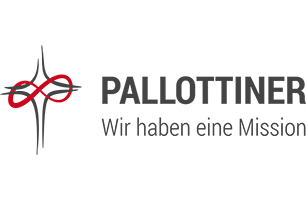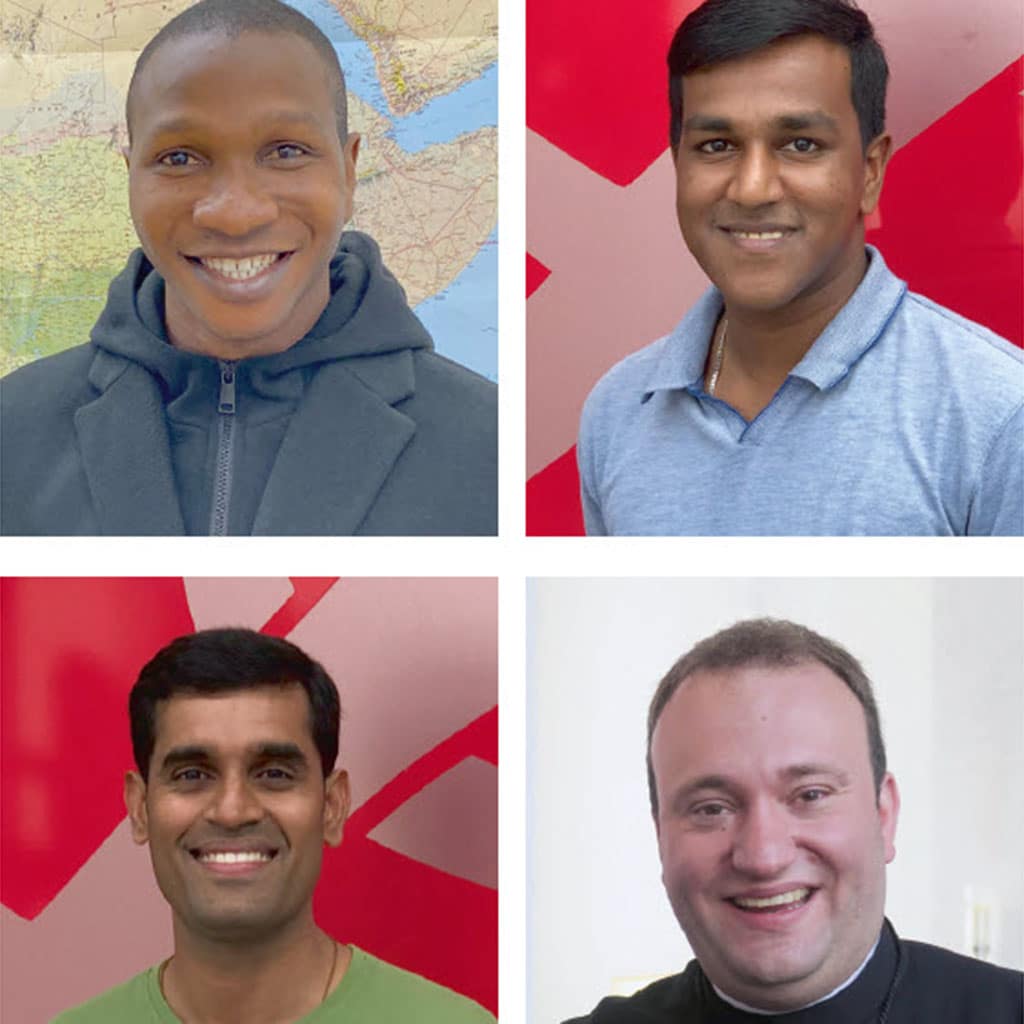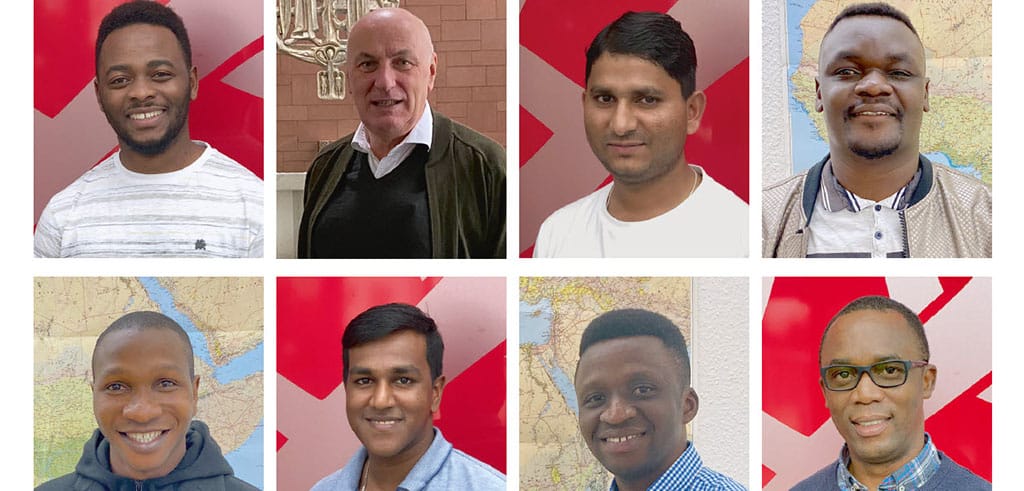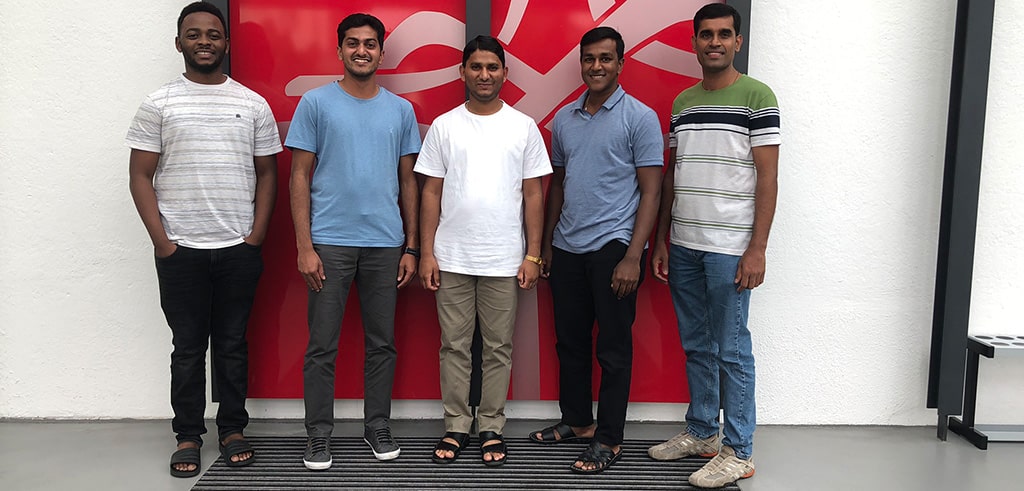
"This is a topic of humanity"
Pallottines put the emphasis of their work on interculturality.
It is a venture and an opportunity. The Pallottine community has chosen a new focus as it moves into the future: Interculturality. Provincial Father Markus Hau is continuing an impulse of his predecessor, Father Helmut Scharler implemented. And he sees in it not only a learning task for the province, but also a sign from heaven.
“The subject of interculturality has been put on our table by the Lord,” Father Markus Hau believes. And the occasion was the request to the province to take care of Nigeria and Malawi. Thus, the administrative unit of the Sacred Heart Province covers two continents: Europe including Germany, Austria, Spain and Croatia, and Africa including Nigeria, Malawi and South Africa. But the German Pallottines also maintain close contact with India. If one adds Brazil and Australia, where there are also connections, the German-Austrian Pallottines are associated with all continents.
Even as mission secretary, Markus Hau, who was elected provincial only this year, asked himself: How can this work? Language, culture, age differences, and physical distance were obstacles. The pre-occupation with these questions finally brought forth a vision of interculturality that could not only unite the province as a whole, but also broaden it. And this vision needed a place of learning: the Pallottine University in Vallendar near Koblenz, Germany.
“It needs a place where dialogue can take place,” says Fr. Hau. On an academic level, too. But it is also necessary to break the topic down into everyday life, he adds. “The dialogue doesn’t start in Africa, but at Lake Constance, for example,” says Father Hau, adding that interculturality also plays a role between the Rhenish and Baden confreres. “This is a humanity issue. Because differences exist everywhere.” For the provincial, therefore, an exciting process is now starting for the entire province.
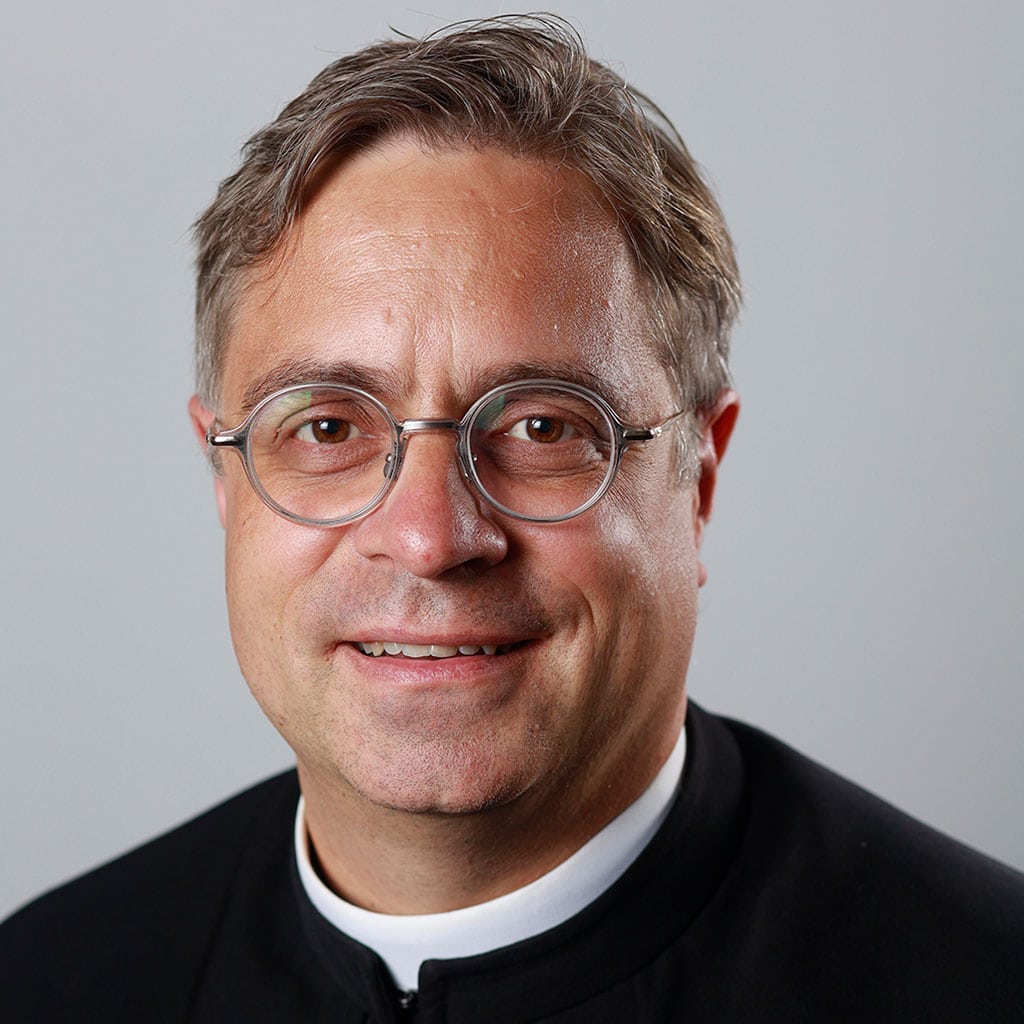
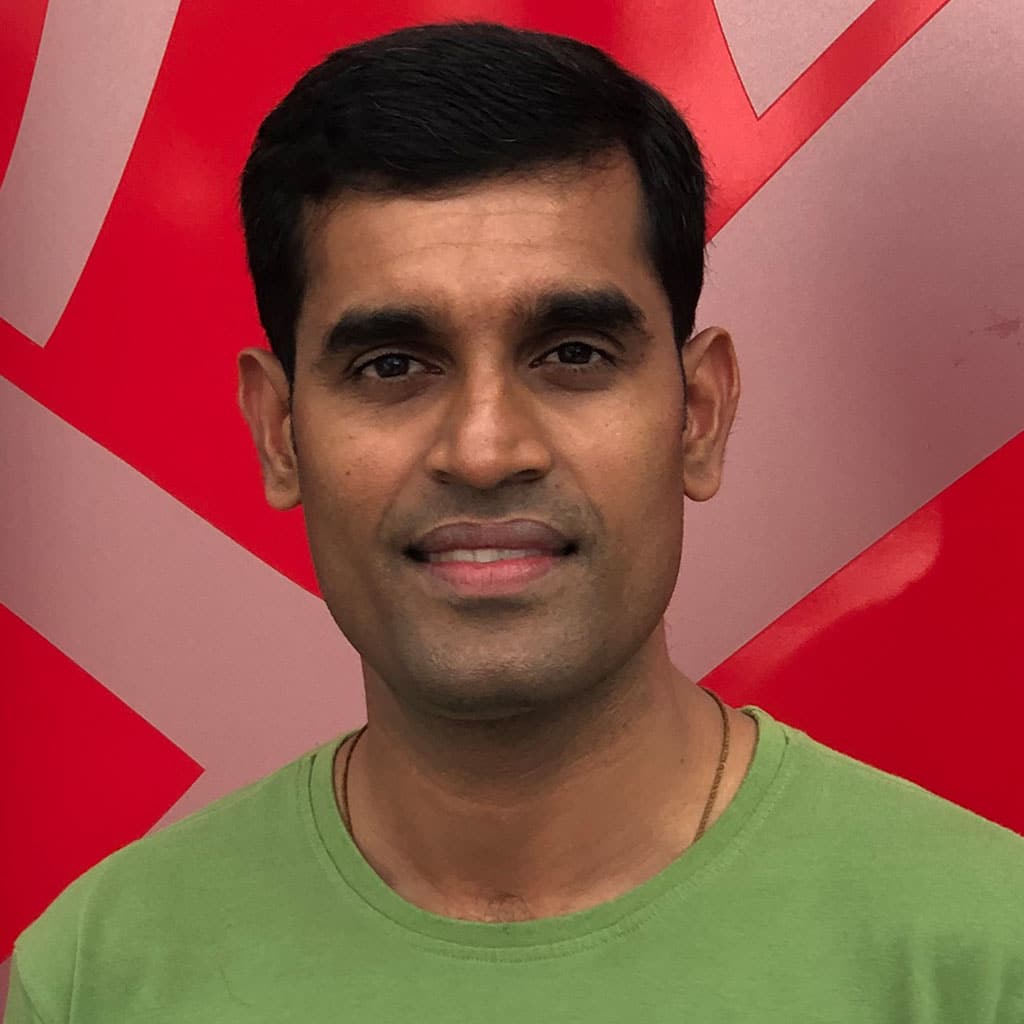
Every year, about five students or confreres from Pallottine units from all over the world are to be invited to Friedberg for a year. There they will learn German. Afterwards, they will be examined to see who is suitable to study in Germany. They will then move to Vallendar to the University of the Pallottines and the Intercultural Community there.
Father Ashok Mascarenhas from India is currently accompanying the young international confreres in Friedberg. The 39-year-old has been in Germany for a year, and his German is already almost on a native speaker level. Talent. “I have a passion for learning,” says Ashok, who also spent three years in Canada. “We live together now, and I’m there,” he says. The students attend school every day until the afternoon, after that spend time together, he says. Friday night is what we call “cooking night.” “It’s an important day,” Father Ashok says, laughing.
Getting to know one's own roots
Interculturality is actually in the Pallottines’ cradle. That is what Father Norbert Possmann, the rector of the Intercultural Community in Vallendar, says. He accompanies the young Pallottines in their cultural exchange. Until the foundation of independent provinces in 1909, they all sat at the same table and spoke French, English, Italian and German. At that time, the confreres used to travel around the globe a lot, says Father Possmann.
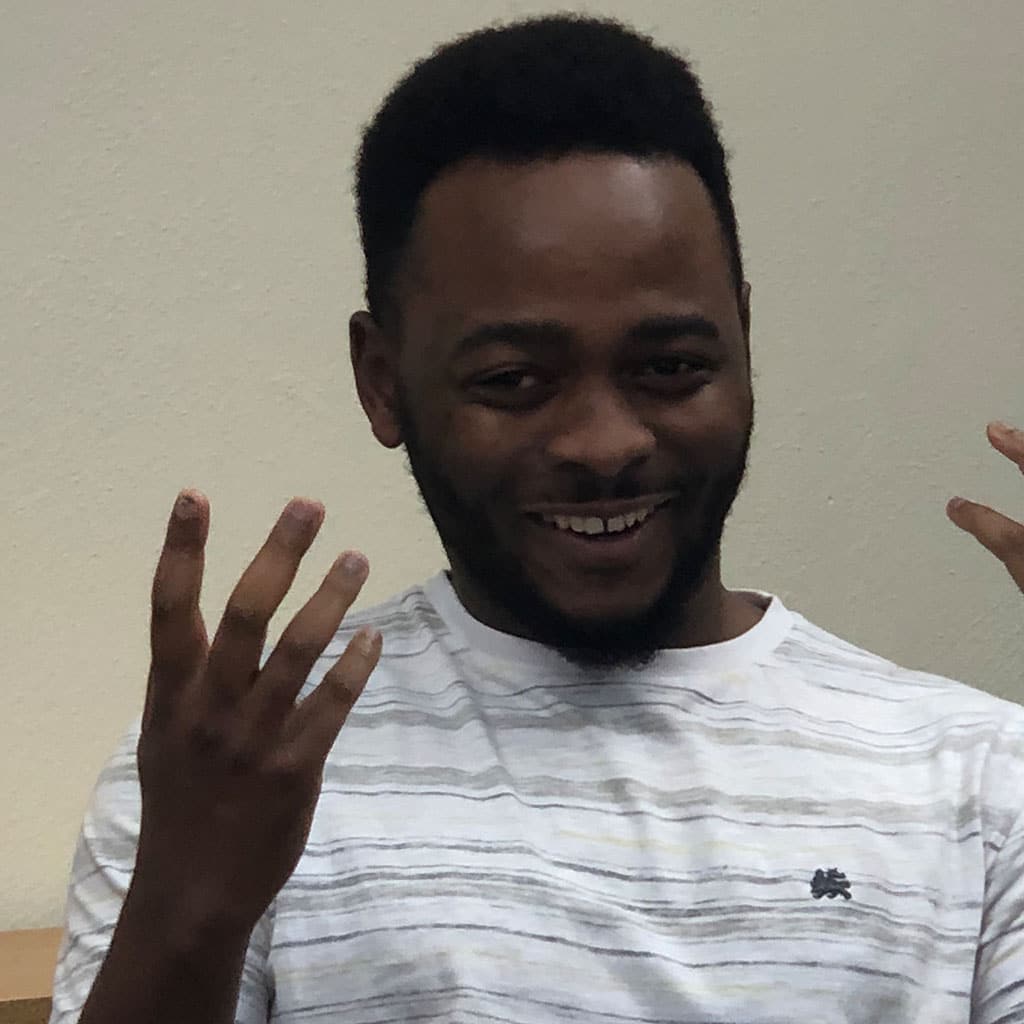
For Blessings Chagunda, the journey to Germany and thus learning German became a journey to himself. “I have begun to understand myself and my culture better,” says the Malawian, who has been in Germany since October 2021. He has also realized the importance of history here. It’s important to know where you come from, where your roots are, he thinks.

Patrick Okeke from Nigeria comes from a family with many children and has already learned a profession: he was a teacher at an elementary school in Nigeria. Now he wants to continue studying philosophy and then theology in Vallendar. When he stayed at Friedberg to learn German, he was particularly fascinated by the festivals such as Easter and Christmas. He finds the German liturgy very spiritual. And he is fascinated by the fact that in German church services, the people themselves have a lot of say. The vision of the founder of his order, Pallotti, is that the confreres should get to know all cultures. This gets tangible for him during the cooking sessions with his confreres : He doesn’t really like curry, but his Indian confreres like cooking with curry. “I then open up and eat it,” Patrick says, laughing. “That’s also how we part in harmony at the end of the day.”

When Gabriel Yotamu from Malawi is asked to summarize how he experiences the community in Germany, he uses the word “familial. It is like a big family in which there are now also “grandfathers” for him, he explains, looking at the older confreres. He also finds the intercultural community so interesting because he discovers different cultures in many places: between the generations, between Malawi and South Africa, between northern Germans and southern Germans. “Interculturality is also national,” Gabriel says.
For the Nigerian Athanasius Onyegesi Chidiebere, however, cultural exchange is also a question of theology. Getting to know one another and learning from one another not only brings different people together, but also opens up different perspectives on revelation. Jesus Christ reveals himself in all cultures, says the Nigerian. Through different cultures, he says, one can better understand Jesus Christ.
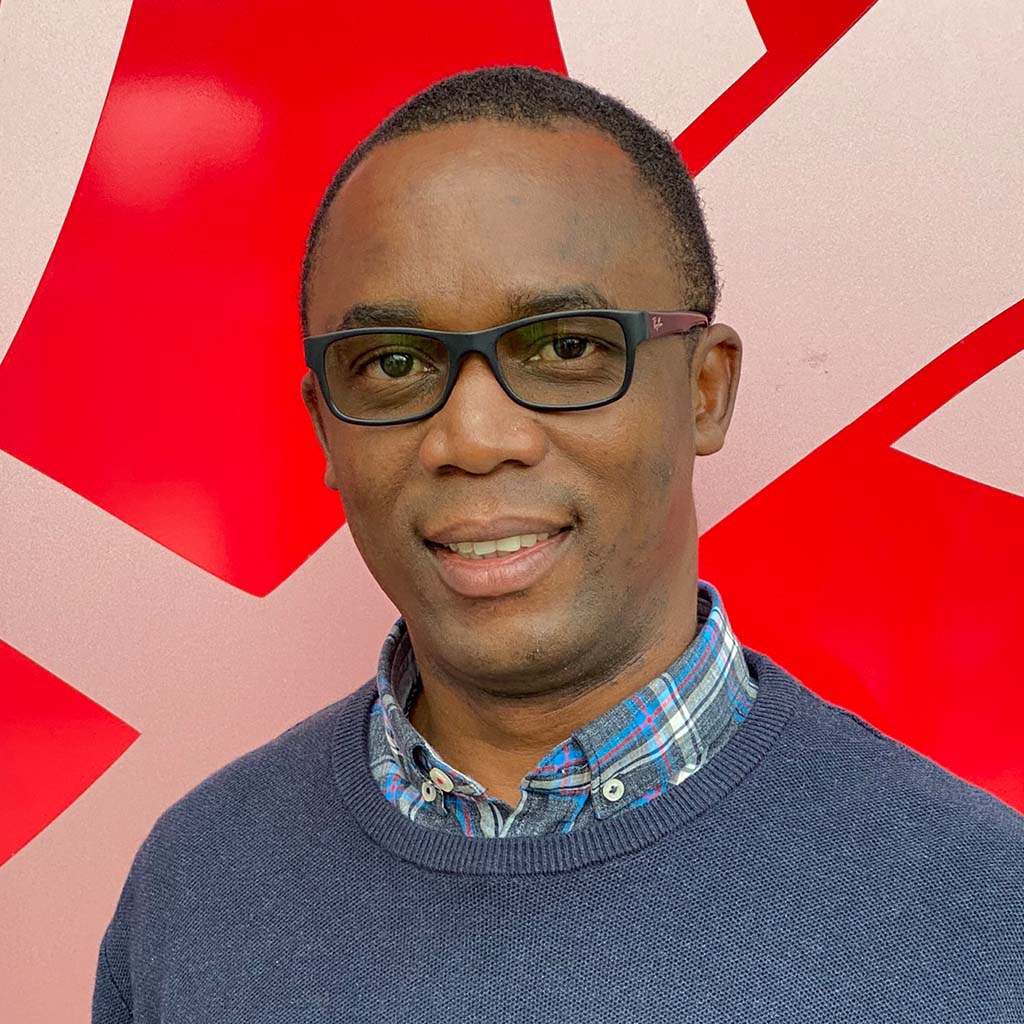
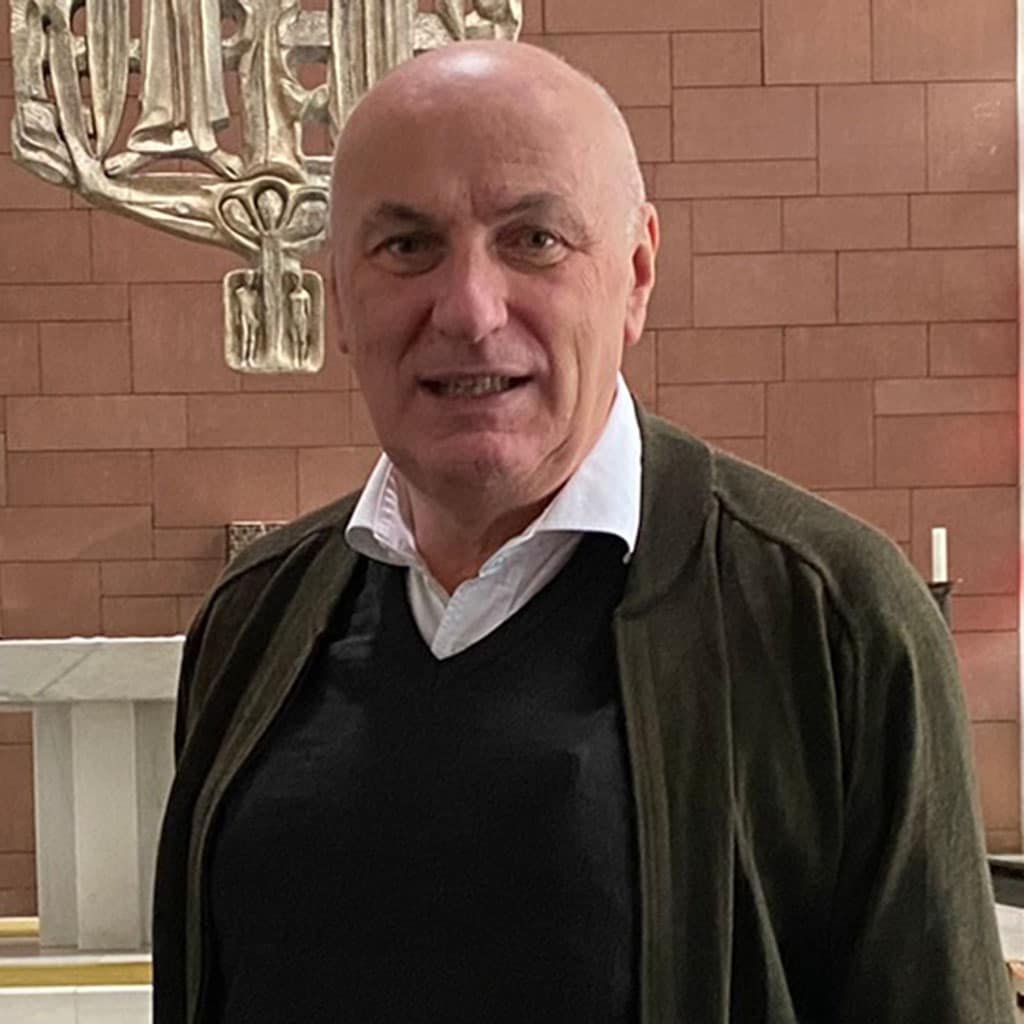
For Father John Ndidi from Nigeria, who accompanies the young confreres in Vallendar together with Father Norbert Possmann, it was interesting to observe where a culture is more open and where it is more closed: When it comes to the topic of family, the German culture is characterized more by loose ties, while the African culture is very strict here. In social life, on the other hand, there are closed groups in Germany, whereas African culture is very open here. “If perhaps 50 guests are invited to a German wedding, in Africa it’s all of these,” says Father John, spreading his arms wide and laughing.
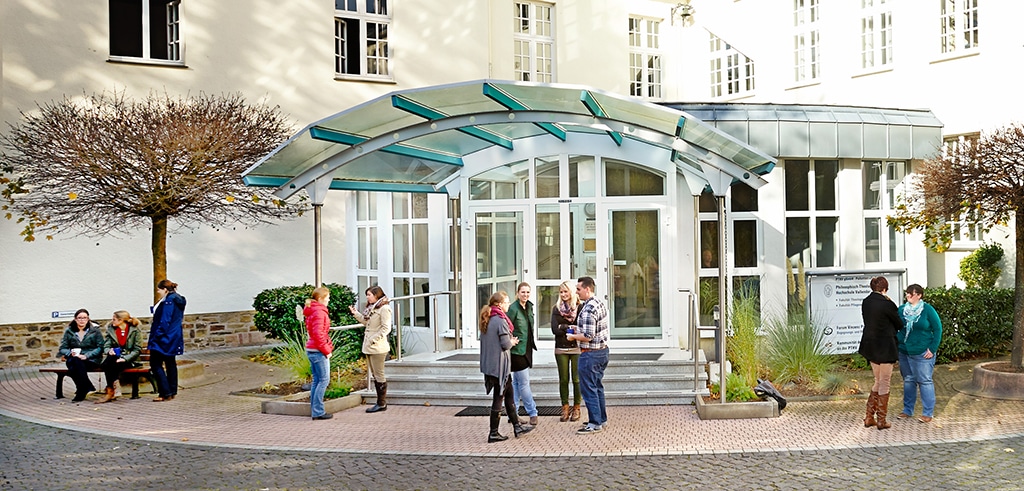
Special Edition Interculturality - Confreres introduce themselves
Our Heart-of-Jesus Province is changing! Some house communities are experiencing this at the moment. Especially in Friedberg and Vallendar – but also in Salzburg and Hofstetten. Young confreres are here and are enlivening the house.
Who is this confrere? What is his name? Was asked again and again. In order to keep the Province informed and to let all confreres know who is staying in Germany for this exchange, we will print a special internal edition of “Pallottis Werk” each year. In it you will find current reports from the international communities, a short introduction of the students – including name, origin and picture. An invitation to get in touch with them!
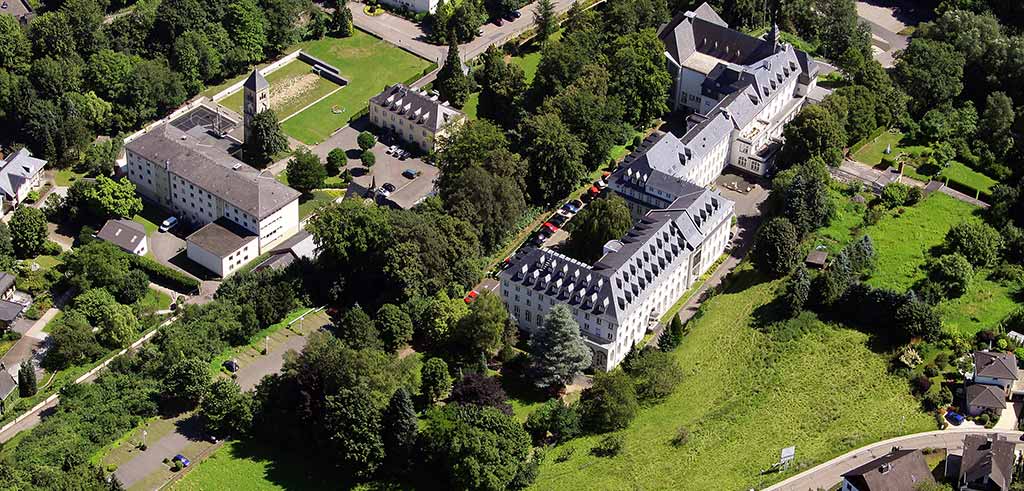
Images: Josef Eberhard, Alexander Schweda
Text: Alexander Schweda
Translation: Steffi Wolf
Recommended
